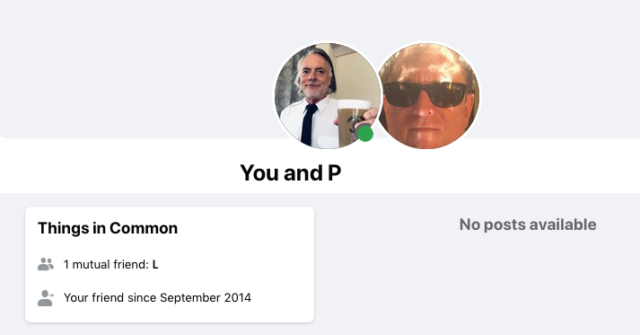Currently in my country, about half the population lives in fear that President Trump will be re-elected in November (2020). What would surprise the people in my community, (Boulder County), is that about half the US population fears that Donald Trump will not be re-elected.
This post falls outside of these viewpoints and is by no means a declaration that either candidate will do. While many people are concerned about choosing the right person (from the limited choice of two—something the flip of a coin could determine), I’m concerned about the need for a better system for selecting presidential candidates.
How the Duopoly Fails Me
No political party will represent anyone’s values perfectly—or if it did, that would only be a happy coincidence. But I expect to find a party that represents, say, my top three values (such as the protection of the unborn, the environment, and healthcare for all). Never in my life has that happened. I used to be a single issue voter, which is a great workaround: hold your nose, vote, and focus on that single issue effort. But since “life” is my dominant value and because there are so many ways to destroy life, I cannot limit my vote to a single issue any longer.
We can put Band-Aids on the current system, choosing the lesser of two evils every four years, ignoring the fact that the candidates are selected not by us, the people, but by committees that are influenced by very rich and powerful people. As consumers, we often find ourselves thinking that the competing choices are too good to eliminate—this album vs. that, this mushroom, that automobile, this shirt, etc. But as voters, especially on the national level, it almost always comes down to which-one-I-dislike-or-distrust-the-least.
Neither party has ever represented my values. One claims to protect the unborn, yet licenses mass poisoning of our environment (another way to kill the unborn and the born) and promotes firearm ownership (not only a six-shooter but often sixty- or six-hundred-shooters…devices that didn’t exist when the Bill of Rights was written). This list of Republican values that endanger life could be expanded.
The other party rejects the idea that unborn children are human beings, although they claim to be the party that represents the marginalized, the oppressed and the downtrodden. Unlike Republicans, they seek to protect the environment and give at least lip service to the need to fix our broken healthcare system. However, they have proven their colors (to me) by weeding out, two elections in a row, the one candidate whose political life suggests a level of integrity and commitment toward righting some of the financial imbalances that plague this country (yes, Bernie Sanders).[1]
Both parties share in common a desire to maintain the status quo, to keep America involved in foreign wars, especially where oil sources are concerned.[2] Both deploy drones at the expense of making the sky a fearful thing for citizens in countries such as Pakistan and Afghanistan. Both show the signs of organizational transcendence, meaning that their survival as organizations becomes more important than the values they ostensibly support.
Toward a Better System
Historically, a viable third party has proven difficult in the US. When someone notable runs as a third party (Perot or Nader), the Big Parties treat the third-party adherents as betraying infidels. I hear this frequently when I question the thin pickings that surface every four years. Recently on a friend’s Facebook page, I asked with utmost politeness about the value of voting one’s conscience and my Democrat friend deleted my comment. Life is hard for the marginalized. 🙂

The necessary ingredient for a third (and fourth) party to be viable is ranked choice voting. This approach would not obviate the likelihood of the Big Two winning future elections, but it would allow third parties the role of encouraging the winner of the election to represent a greater percentage of the population.
This coming November (2020) Maine will be the first state to employ ranked choice voting in a general presidential election.[3]
Until Then…
I will listen to the major candidates (and here I’m including third parties, such as the Green Party and the Libertarian Party) and go with my gut. This usually results in selecting someone that will not win but who gives me the peace of voting my conscience.
Am I alone? I doubt it. Look at the independents and the alienated who, no matter how appalling President Trump continues to be, will not vote for candidate Biden. These holdouts for Bernie will vote a third party or abstain altogether. Someday, this reluctance to join the team, to refuse the evil of always choosing the lesser of two evils, may topple the system.
____Footnotes____
[1] While I’m not a socialist, I would have voted for Bernie either election. Even though many of his goals, such as free college education for all, would not have been realized, he would have succeeded every day as a person who was in the White House to actually serve, not to be served, who believed in his values and was willing to suffer for them. He would have earned his pay as an altruistic symbol. See, for example,this photograph.
[2] Joe Biden, for example, voted to go to war with Iraq in 2002, when “weapons of mass destruction” were being dangled over the heads of Americans as a justification: Joe Biden’s Vote for War.
[3] This ~8 minute video touches on the benefits and shortcomings of ranked choice voting as it has been experienced in Maine:
